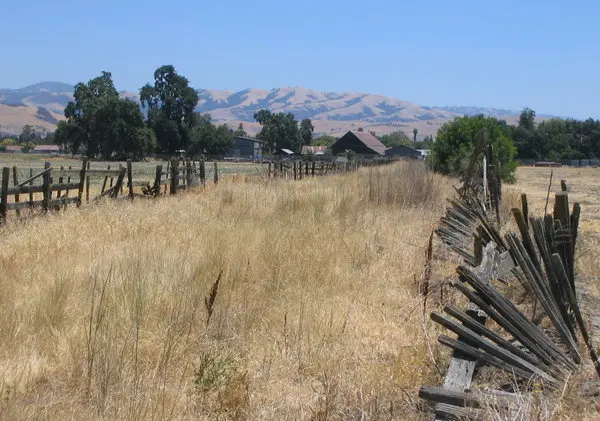Nestled in the heart of Robertsville, California, lies a testament to the state’s rich agricultural past – the Cottle-Lester Ranch. The property stands as a symbol of Californian farming heritage and a vivid reminder of its agrarian roots.
This historic ranch, acknowledged for its architectural significance and unique agricultural practices, provides an intriguing peek into the evolution of farming techniques over centuries. With each detail on this captivating site narrating tales from bygone eras, it has become an indispensable part of California’s cultural landscape.
Exploring the Cottle-Lester Ranch is akin to traversing through chapters of a living history book where every corner exudes an old-world charm coupled with tales of resilience and innovation. A detailed insight into the farming practices followed at this ranch opens up new perspectives on how agriculture shaped societal structures in those times.
The exploration becomes more than just an educational journey; it grants visitors a sense of belonging—a connection to ancestral roots that have been instrumental in shaping today’s world. In essence, this iconic ranch offers everyone a chance to feel part of something larger than themselves—an enduring legacy that binds us all together through shared history and culture.
Historic Significance of the Property
The Cottle-Lester Ranch, recognized as a historically significant property in Robertsville, California, stands as a testament to the area’s agricultural heritage with over 200 years of continuous farming.
The ranch is not merely a piece of land but a living relic that articulates the rich agrarian history and culture of the region.
It boasts an impressive timeline dating back to the early 19th century when Thomas Farnham Cottle initially established it.
Over time, the ranch has witnessed several transformations reflective of socio-economic shifts and advancements in farming technology, yet its core function remained consistent – agriculture.
The significance of this historic site lies not just in its longevity but also in the unique narrative it carries about sustainable farming practices across centuries.
It is believed that despite various transitions and modernizations, certain traditional agricultural methods remained intact on this farm.
Moreover, it serves as an embodiment of community resilience and adaptability.
The preservation efforts for this ranch stand as an example to contemporary societies about valuing local history and nurturing a sense of belongingness by conserving such cultural landmarks.
In essence, Cottle-Lester Ranch is more than just farmland; it’s a symbol of enduring agricultural tradition offering intriguing insights into our shared past while fostering community identity and continuity.
Exploring Farming Practices at the Site
Intricate farming methods, rooted in historical practices, are a prominent feature of this notable Californian site. The Cottle-Lester Ranch showcases an array of traditional agricultural techniques that have been preserved over generations and continue to be implemented today. These practices not only offer a glimpse into the state’s rich farming history but also provide insights about sustainable agriculture. They demonstrate how the early settlers harnessed the land’s bounty while maintaining its ecological balance.
1. Crop Rotation: This method involves alternating different types of crops in sequential seasons to replenish soil nutrients and prevent pests’ proliferation. It has been instrumental at the ranch, ensuring continuous productivity without degrading the soil quality.
2. Dry Farming: Given California’s climate variability, dry farming was practiced extensively on the ranch. This water conservation technique relies on residual moisture in soil from rainy seasons for crop growth rather than irrigation.
3. Livestock Integration: Livestock played a vital role in maintaining farm health through natural fertilization and pest control, creating a balanced ecosystem within the ranch.
These enduring methodologies underline an important message: agricultural heritage is not merely about preserving past traditions; it is about learning from them and applying those lessons to present-day challenges like sustainability and food security. By exploring these time-honored practices at Cottle-Lester Ranch, one can feel part of a larger community—one that respects and draws wisdom from its roots while forging ahead with resilience into future horizons.

